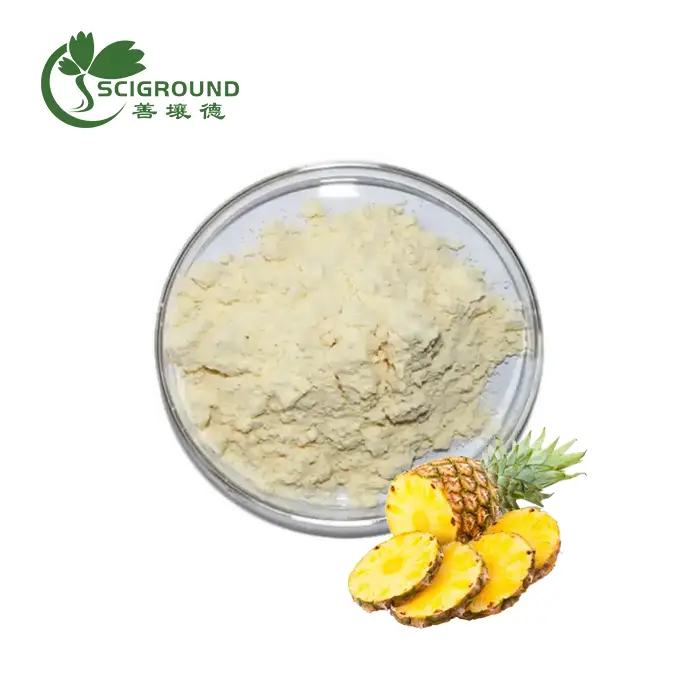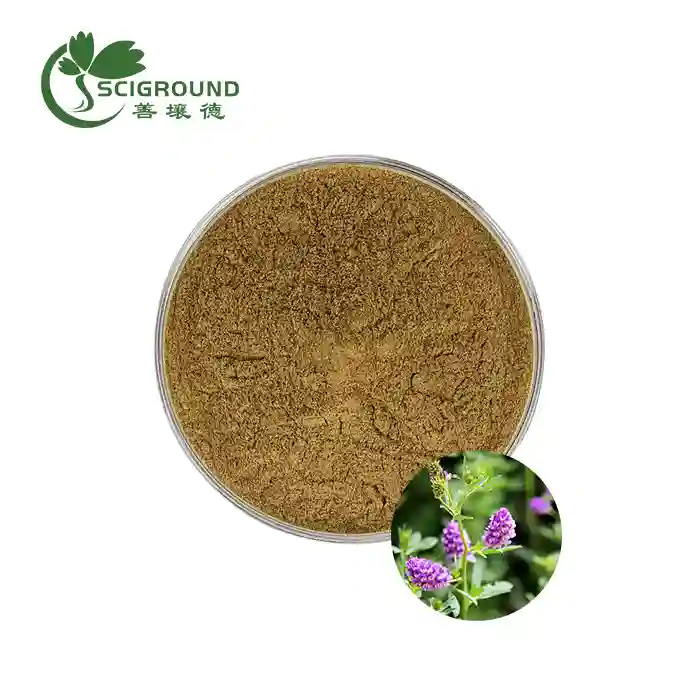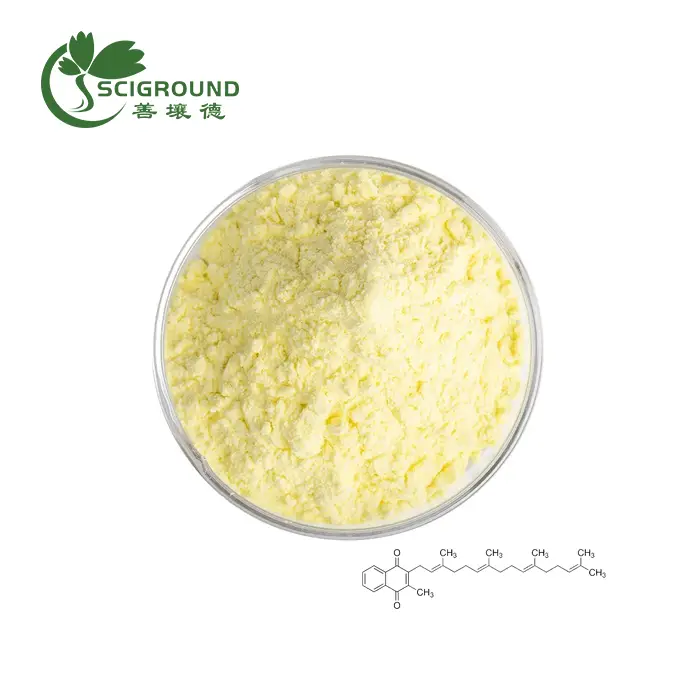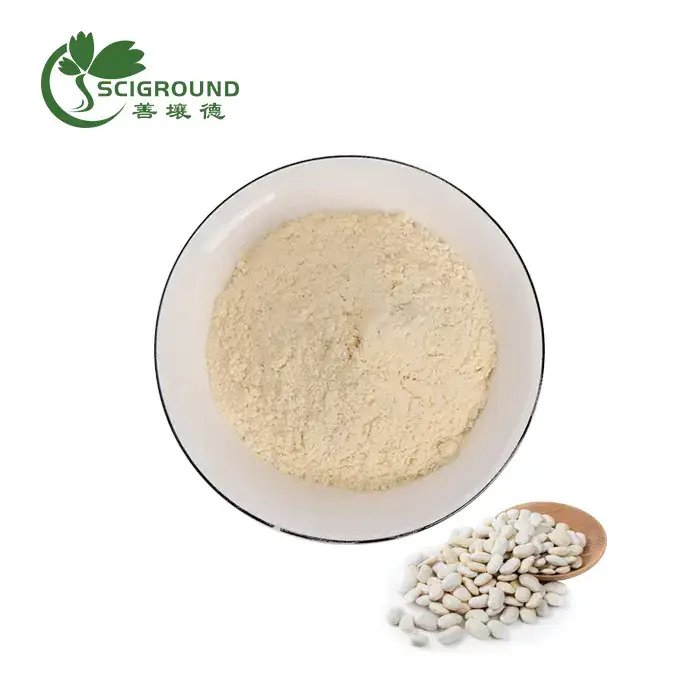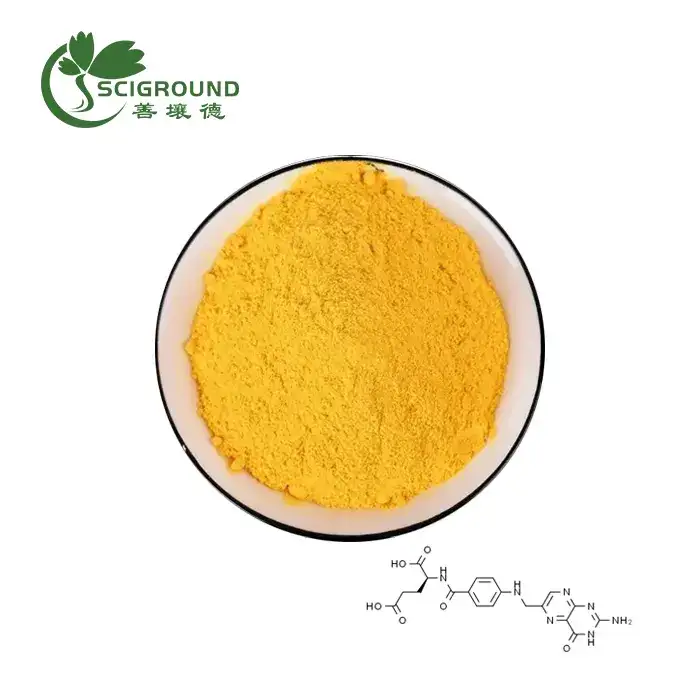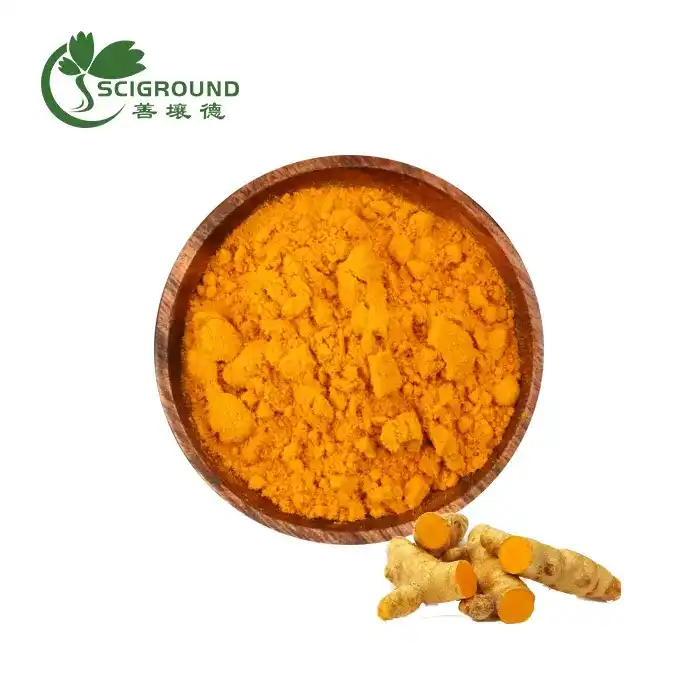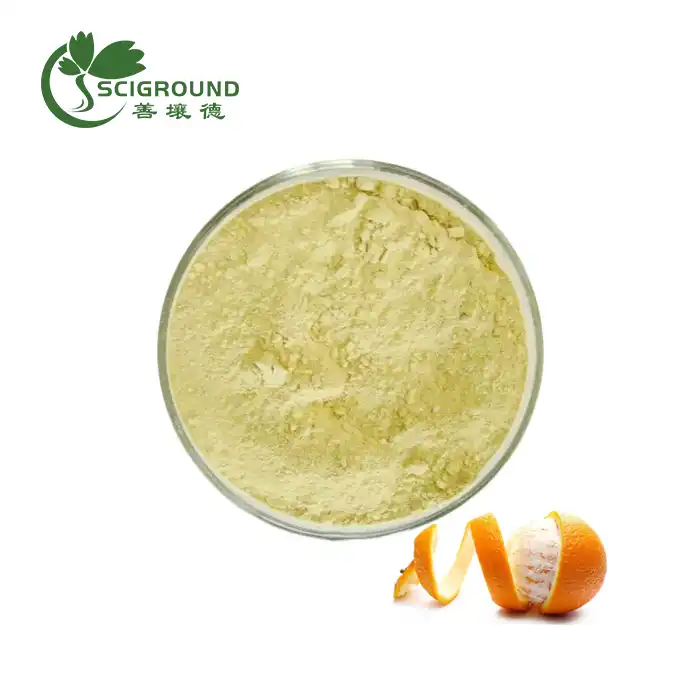What are uses of Notoginseng?
Notoginseng, scientifically known as Panax notoginseng, is a powerful herb with a rich history in traditional Chinese medicine. This remarkable plant has garnered significant attention for its potential health benefits and versatile applications. In this comprehensive guide, we'll explore the various uses of Notoginseng, its main benefits, and important interactions to be aware of.
What is Notoginseng?
Notoginseng is a perennial plant native to the mountainous regions of Southwest China. Its botanical name, Panax notoginseng, reflects its importance in herbal medicine - "Panax" means "all-healing" in Greek. The plant's root is the primary part used for medicinal purposes, typically harvested after 3-5 years of growth.
This extraordinary herb has been a cornerstone of traditional Chinese medicine for centuries, valued for its potential to promote overall wellness and vitality. Notoginseng contains a unique blend of active compounds, including saponins, flavonoids, and polysaccharides, which contribute to its purported health benefits.
Notoginseng is believed to possess adaptogenic properties, meaning it may help the body adapt to stress and maintain balance. It's often used as a tonic to replenish vital energy, known as "Qi" in traditional Chinese medicine. The herb's potential to support cardiovascular health, improve blood circulation, and reduce inflammation has made it a subject of interest in modern scientific research.
What are Panax notoginseng's main benefits?
Notoginseng has been associated with a wide range of potential health benefits. While more research is needed to fully understand its effects, here are some of the main benefits attributed to Panax notoginseng:
1. Cardiovascular Health Support
One of the most notable benefits of Notoginseng is its potential to support heart health. Studies suggest that Notoginseng may help:
- Improve blood circulation
- Reduce blood pressure
- Lower cholesterol levels
- Decrease the risk of blood clots
These effects may contribute to a reduced risk of cardiovascular diseases, including heart attacks and strokes.
2. Anti-inflammatory Properties
Notoginseng contains compounds that exhibit potent anti-inflammatory effects. This property may help alleviate various inflammatory conditions, such as arthritis, and support overall immune function. By reducing inflammation, Notoginseng may also contribute to faster wound healing and tissue repair.
3. Cognitive Function Enhancement
Emerging research suggests that Notoginseng may have neuroprotective properties, potentially benefiting cognitive function. It may help:
- Improve memory and focus
- Enhance mental clarity
- Protect against age-related cognitive decline
These cognitive benefits make Notoginseng an intriguing option for those looking to support brain health and mental performance.
4. Blood Sugar Regulation
Some studies indicate that Notoginseng may help regulate blood sugar levels. This property could be particularly beneficial for individuals with diabetes or those at risk of developing the condition. By improving insulin sensitivity and glucose metabolism, Notoginseng may contribute to better blood sugar control.
5. Energy and Stamina Boost
In traditional medicine, Notoginseng is often used as an energy tonic. It's believed to combat fatigue, increase endurance, and improve overall stamina. This makes it a popular choice among athletes and individuals seeking a natural energy boost without the jitters associated with caffeine.
6. Potential Hemostatic Properties
Historically, Notoginseng has been used for its hemostatic properties - its ability to stop bleeding. While more research is needed to confirm this benefit in humans, some studies suggest that Notoginseng may help promote blood clotting and reduce bleeding time.
7. Liver Protection
Preliminary research indicates that Notoginseng may have hepatoprotective effects, meaning it could help protect the liver from damage. This property may be beneficial for individuals with liver conditions or those exposed to substances that can harm the liver.
8. Potential Anti-cancer Properties
While research is still in its early stages, some studies suggest that certain compounds in Notoginseng may have anti-cancer properties. These compounds may help inhibit the growth and spread of cancer cells, although more research is needed to fully understand these effects.
What are the interactions of Notoginseng?
While Notoginseng offers numerous potential benefits, it's crucial to be aware of its possible interactions with medications and other substances. Here are some important interactions to consider:
1. Anticoagulant and Antiplatelet Medications
Notoginseng may interact with blood-thinning medications such as warfarin (Coumadin), aspirin, and other antiplatelet drugs. The herb's potential to affect blood clotting could enhance the effects of these medications, potentially increasing the risk of bleeding. If you're taking any blood-thinning medications, it's essential to consult with your healthcare provider before using Notoginseng.
2. Diabetes Medications
Due to its potential to lower blood sugar levels, Notoginseng may interact with diabetes medications. This interaction could lead to hypoglycemia (low blood sugar). Individuals with diabetes should monitor their blood sugar levels closely and consult their healthcare provider before incorporating Notoginseng into their regimen.
3. Blood Pressure Medications
Notoginseng's ability to lower blood pressure may compound the effects of antihypertensive medications. This could potentially lead to excessively low blood pressure. If you're taking blood pressure medications, it's important to discuss the use of Notoginseng with your healthcare provider.
4. Caffeine
Some studies suggest that Notoginseng may affect how the liver processes caffeine. This could potentially alter the effects of caffeine in the body. If you regularly consume caffeine, be aware that Notoginseng might influence its impact.
5. Medications Metabolized by the Liver
Notoginseng may affect how the liver processes certain medications. This could potentially alter the effectiveness or side effects of these drugs. Medications that are metabolized by the cytochrome P450 1A2 (CYP1A2) enzyme in the liver may be particularly affected.
6. Immunosuppressants
Given Notoginseng's potential to stimulate the immune system, it may interfere with the action of immunosuppressant drugs. This could be a concern for individuals with autoimmune conditions or those who have undergone organ transplants.
7. Estrogen-based Medications
Some research suggests that Notoginseng may have estrogen-like effects. This could potentially interact with hormone therapies or birth control medications. Women taking estrogen-based medications should consult their healthcare provider before using Notoginseng.
Precautions and Considerations
While Notoginseng is generally considered safe when used appropriately, it's important to exercise caution:
- Pregnancy and Breastfeeding: Pregnant or breastfeeding women should avoid Notoginseng due to a lack of safety data.
- Surgery: Stop using Notoginseng at least two weeks before scheduled surgery, as it may increase the risk of bleeding.
- Allergies: Individuals with allergies to other plants in the Panax family should use Notoginseng with caution.
- Quality and Purity: Ensure you're using a high-quality Notoginseng product from a reputable source to avoid potential contaminants or adulterants.
As with any herbal supplement, it's crucial to consult with a qualified healthcare professional before incorporating Notoginseng into your health regimen, especially if you have existing health conditions or are taking medications.
Conclusion
Notoginseng, with its rich history and potential health benefits, offers a fascinating avenue for those seeking natural ways to support their health. From cardiovascular support to cognitive enhancement and beyond, this remarkable herb has much to offer. However, it's essential to approach its use with knowledge and caution, being mindful of potential interactions and always prioritizing safety.
By understanding the uses, benefits, and interactions of Notoginseng, you can make informed decisions about incorporating this powerful herb into your wellness routine. Remember, while herbal supplements can be valuable additions to a healthy lifestyle, they should complement, not replace, conventional medical care and a balanced diet.
If you're considering using Notoginseng or have questions about its potential benefits for your specific health needs, don't hesitate to reach out to a healthcare professional or a qualified herbalist. They can provide personalized guidance and ensure that Notoginseng is a safe and appropriate option for you.
To learn more about Notoginseng Extract and other high-quality herbal products, contact Shaanxi SCIGROUND at info@scigroundbio.com. Our team of experts is ready to assist you with any questions and help you find the perfect herbal solutions for your health and wellness goals.
References
- Wang, L., et al. (2019). "Panax notoginseng saponins promote endothelial progenitor cell mobilization and attenuate atherosclerotic lesions in apolipoprotein E knockout mice." Cellular Physiology and Biochemistry, 52(1), 28-41.
- Yang, X., et al. (2020). "Panax notoginseng saponins attenuate atherosclerosis by regulating the blood lipid profile and an anti-inflammatory action." Clinical and Experimental Pharmacology and Physiology, 47(3), 489-496.
- Ng, T. B. (2006). "Pharmacological activity of sanchi ginseng (Panax notoginseng)." Journal of Pharmacy and Pharmacology, 58(8), 1007-1019.
- Sun, K., et al. (2018). "The effects of Panax notoginseng saponins on alcohol-induced cognitive impairments in mice." Journal of Ginseng Research, 42(4), 501-507.
- Shang, W., et al. (2019). "Ginsenoside Rb1 promotes adipogenesis in 3T3-L1 cells by enhancing PPARγ2 and C/EBPα gene expression." Journal of Ginseng Research, 43(4), 589-595.
- Chen, S., et al. (2017). "Panax notoginseng saponins inhibit ischemia-induced apoptosis by activating PI3K/Akt pathway in cardiomyocytes." Journal of Ethnopharmacology, 201, 44-53.
Related Industry Knowledge
- What is aloe vera leaf extract used for?
- What is Oat Beta Glucan?
- What are the uses and pharmacology of Nobiletin Powder?
- What is Kakishibu Persimmon Extract Soap
- Is turmeric curcumin hard on kidneys?
- Can you eat Polygala?
- How do you take Reishi mushroom powder?
- What is Puerarin
- Is Creatine Monohydrate Vegetarian?
- A Comprehensive Guide to Astragalus Extract Powder
